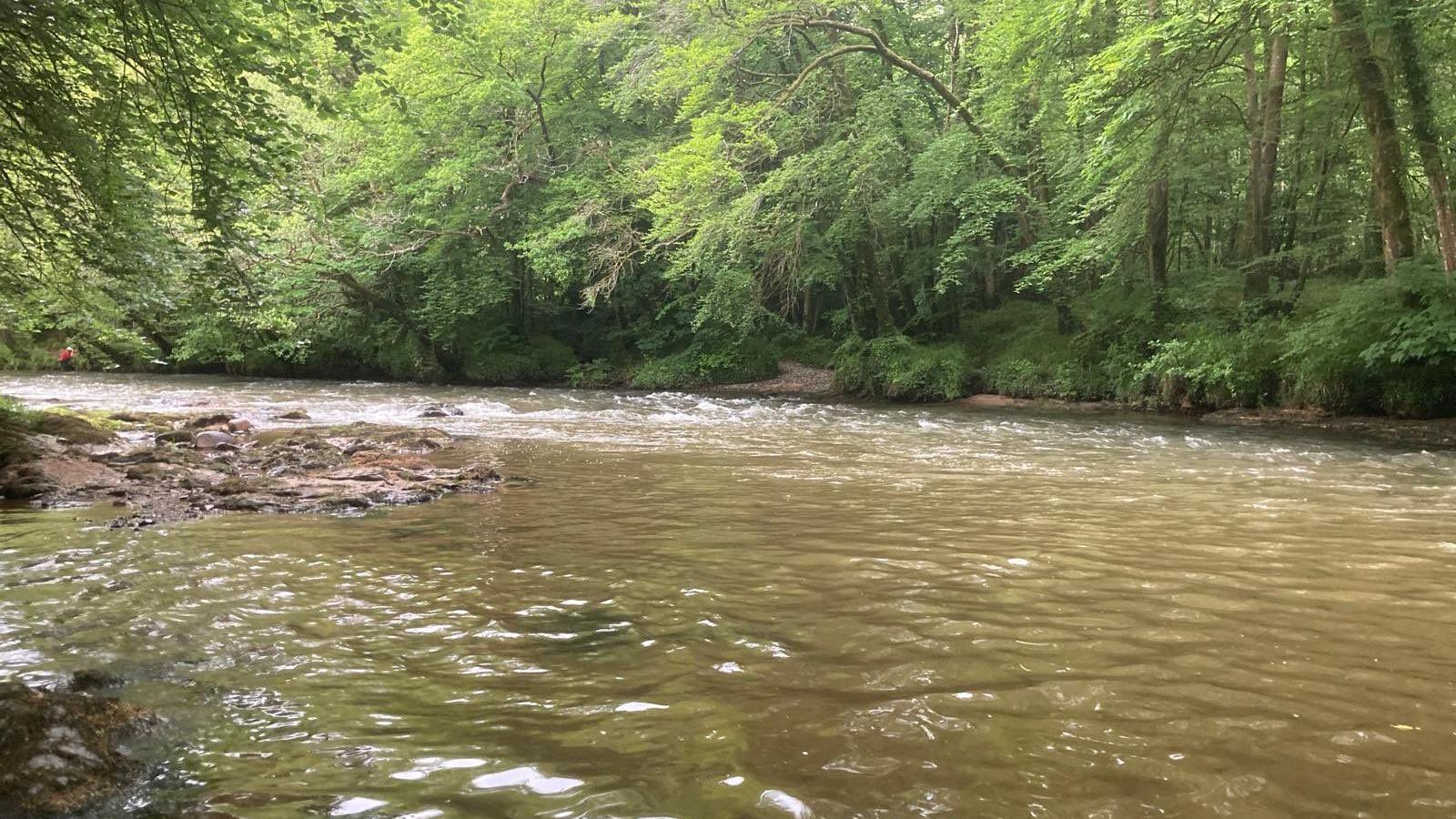Scientists explore new way to test water quality
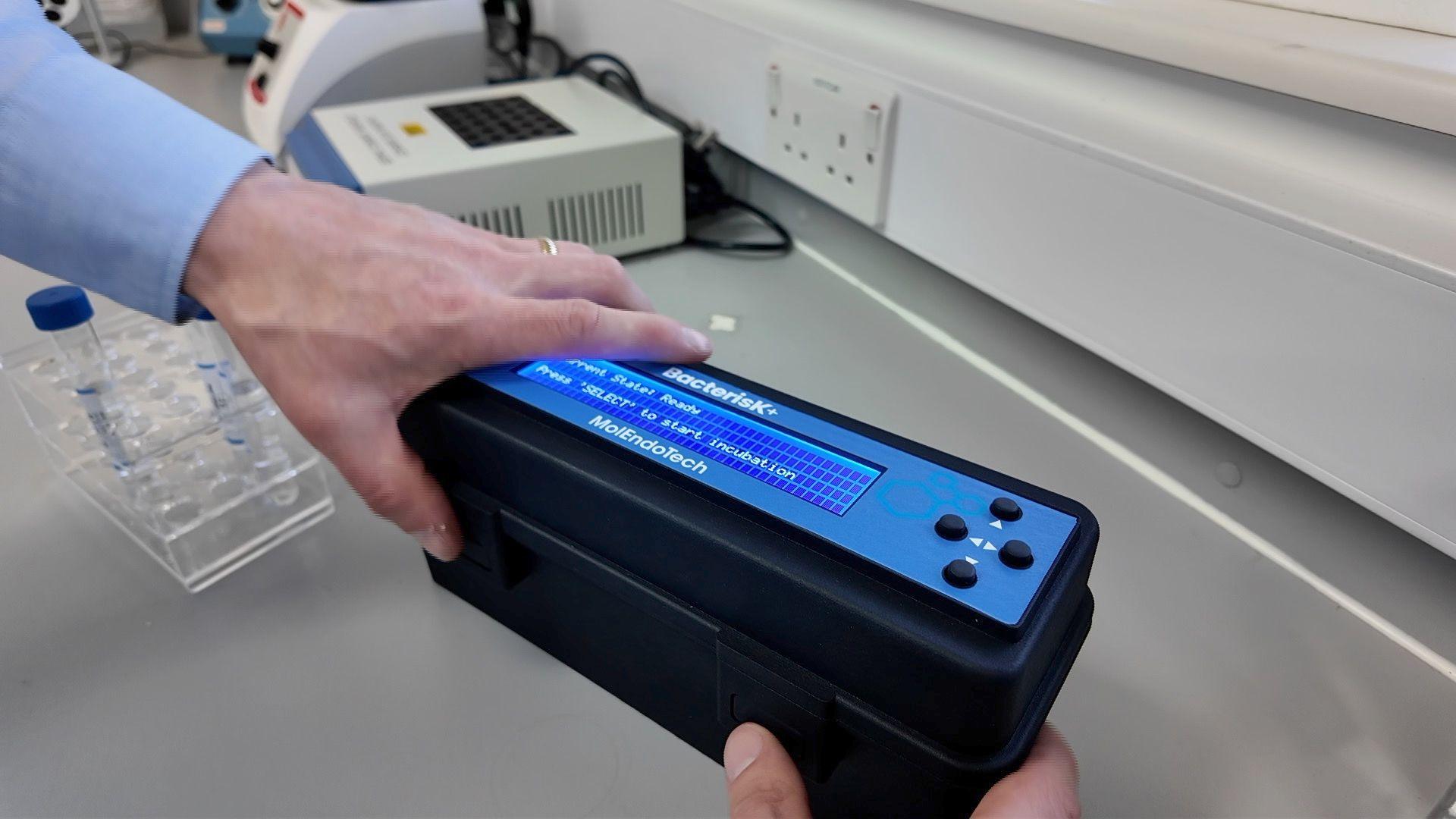
The project will develop an automated version of a portable water test
- Published
Scientists in Devon are researching a new way of remotely testing the cleanliness of bathing waters.
The University of Plymouth project aims to develop autonomous technology to place on top of equipment such as buoys at beaches or in rivers.
Those behind the scheme said the kit would be designed to take water samples several times an hour before analysing the results and transmitting the data back to shore.
This research comes while a boil notice remains in place in parts of Brixham following a water parasite outbreak in May.
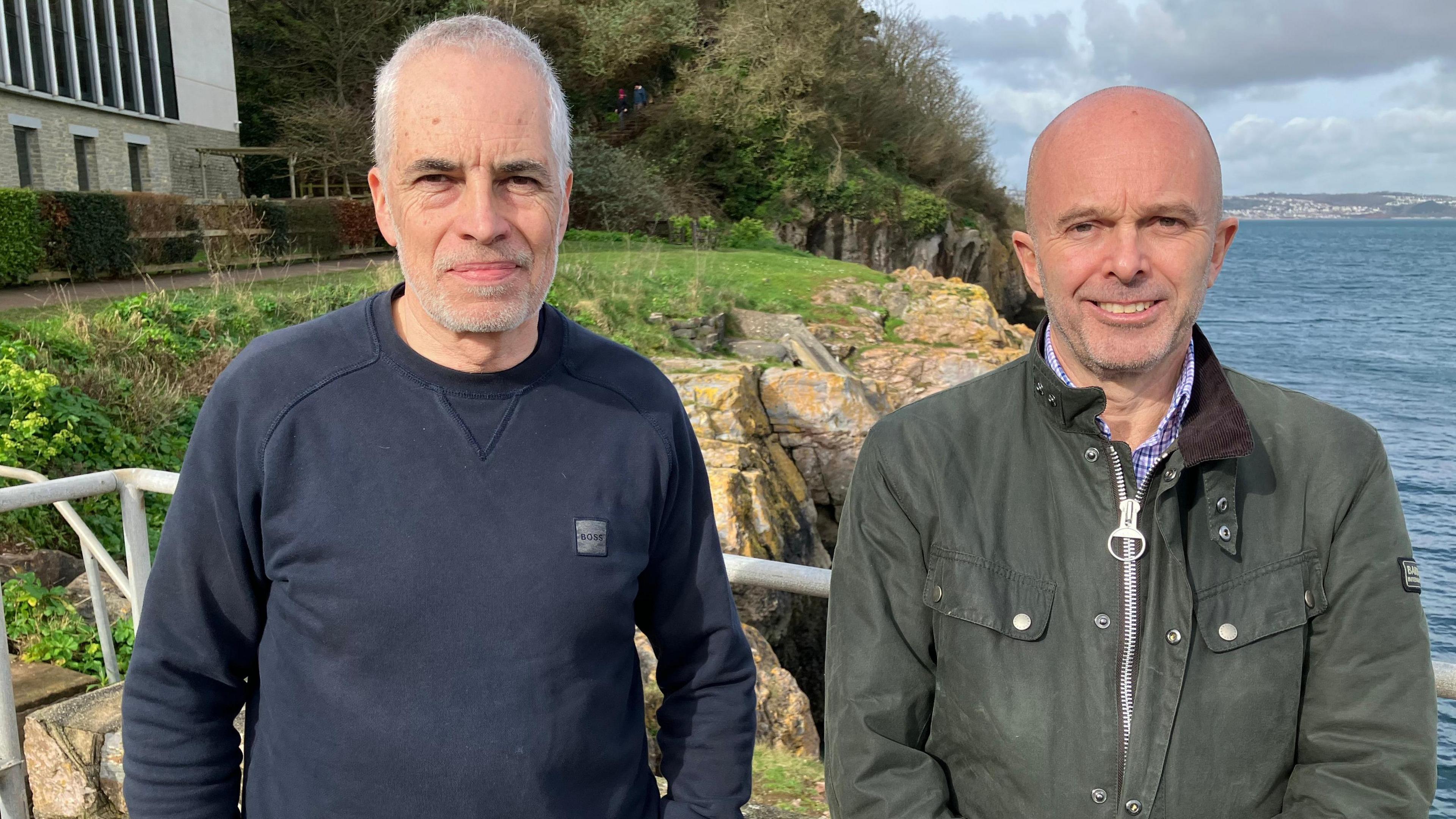
Prof Simon Jackson and Dr Keiron Fraser are behind the project
The number of confirmed cases of people affected by cryptosporidium rose to 100 on Thursday, the UK Health Security Agency has said.
South West Water (SWW) bosses said "further intense work" was needed to "fully remove any contamination".
SWW CEO Susan Davy apologised for the outbreak and said the water firm had "fallen significantly short".
The 18-month water-testing project, which is a collaboration between the University of Plymouth and the university's spinout company Molendotech Ltd, is funded by a £330,000 grant from Innovate UK.
Organisations such as the Environment Agency currently rely on samples being taken by hand and sent to a laboratory for analysis.
Prof Simon Jackson, the chief scientific officer at Molendotech Ltd, said the aim was to monitor water quality "autonomously".
"We want to be able to autonomously monitor water quality so we don’t need to have people going and taking water samples and then measuring those in situ or in a lab," he said.
"We want to be able to have the test wherever we want, in a bay, on a beach, or up a river.
"We could then continuously monitor the water quality and send the results back so that we have a map of water quality for any particular stretch of water."
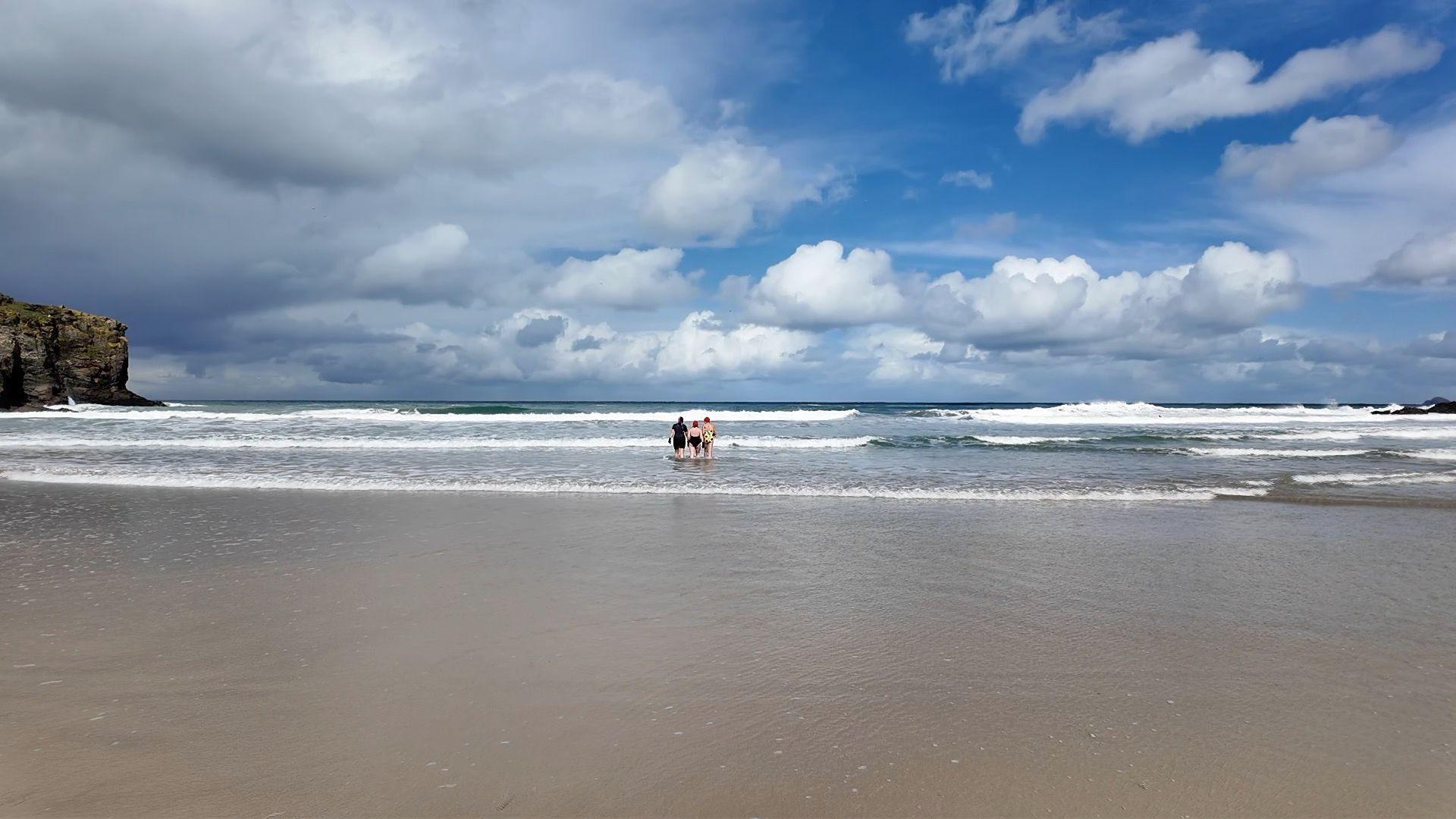
The kit will analyse water quality before transmitting the data
Dr Keiron Fraser, associate professor in marine conservation at the University of Plymouth, added: "Potentially, you could look at a world in the future where it might be possible to log onto an app and check what the sewage contamination levels for a bathing beach are in pretty much real time."
Water quality in Devon has been under sharp focus following issues with sea water, bathing areas and tap water.
In January Jo Bateman, a keen sea swimmer, took legal action against SWW for dumping sewage into the sea near her home in Exmouth.
In February East Devon District Council passed a vote of no confidence in SWW after a series of pipe failures and sewage overflows in the area
A SWW spokesperson said the utility company was investing £38m to reduce spills at Exmouth and that it took its responsibilities "very seriously".
Follow BBC Devon on X (formerly Twitter), external, Facebook, external and Instagram, external. Send your story ideas to spotlight@bbc.co.uk, external.
Related topics
- Published27 May 2024
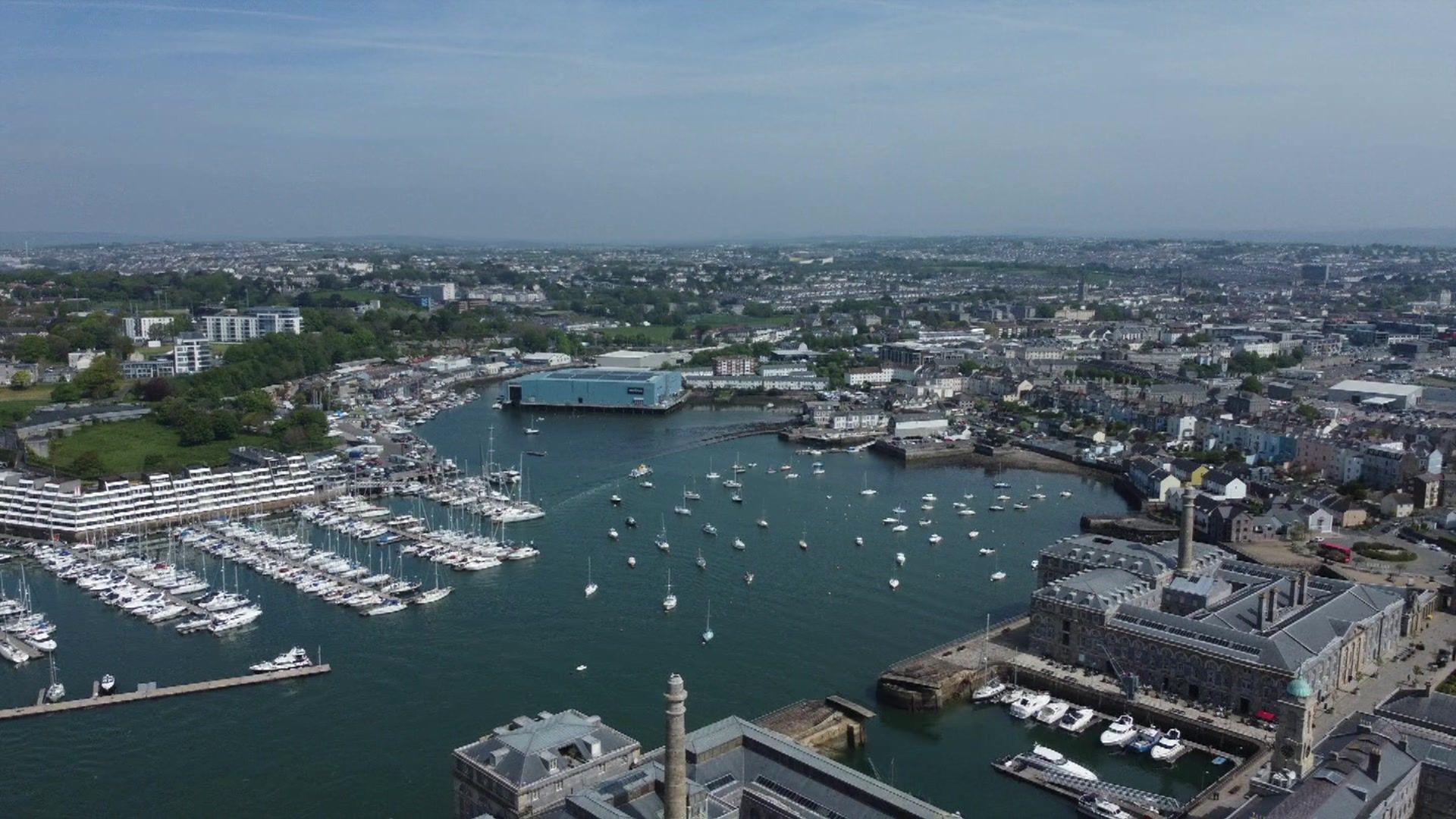
- Published21 May 2024
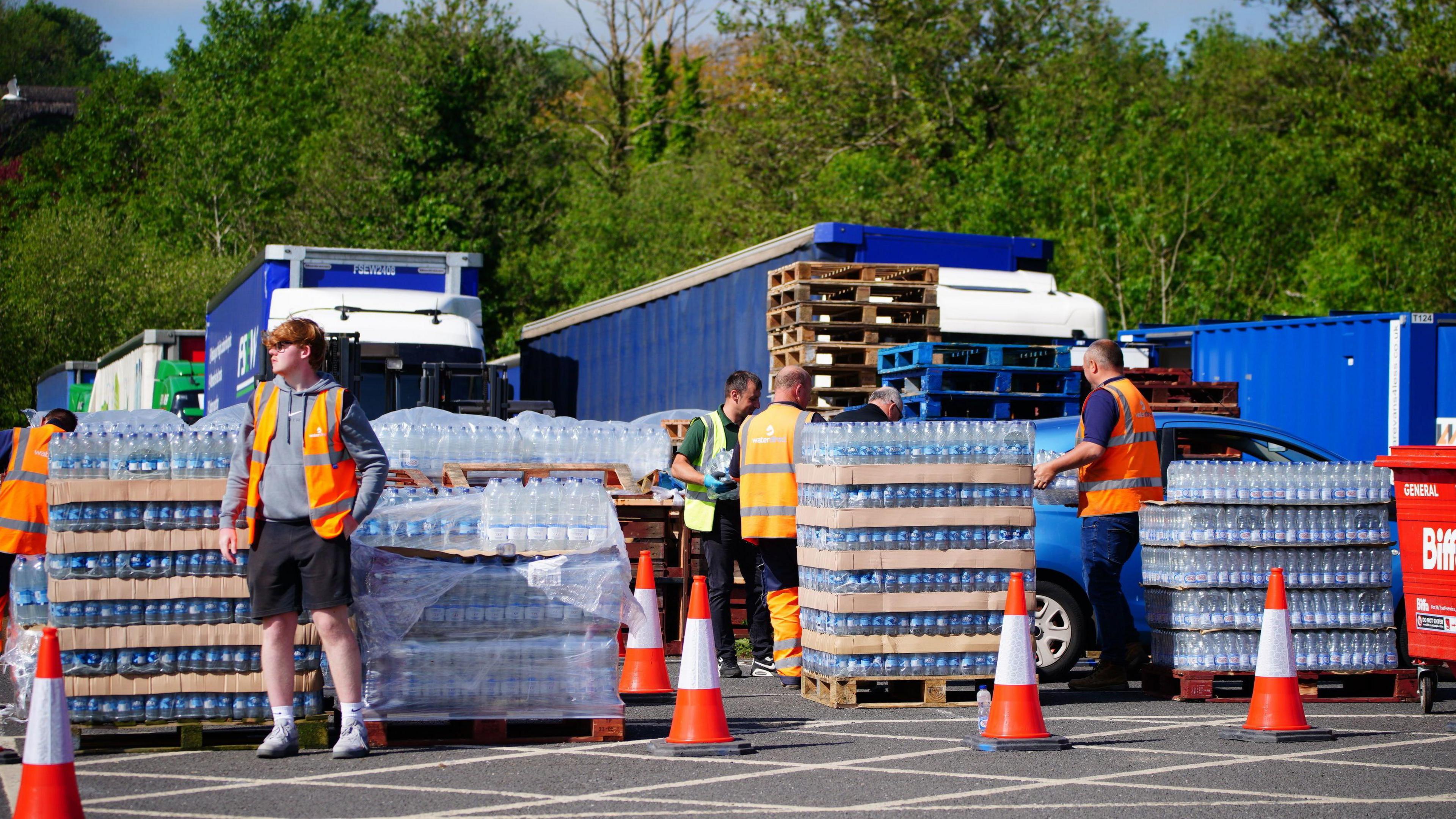
- Published23 May 2024
